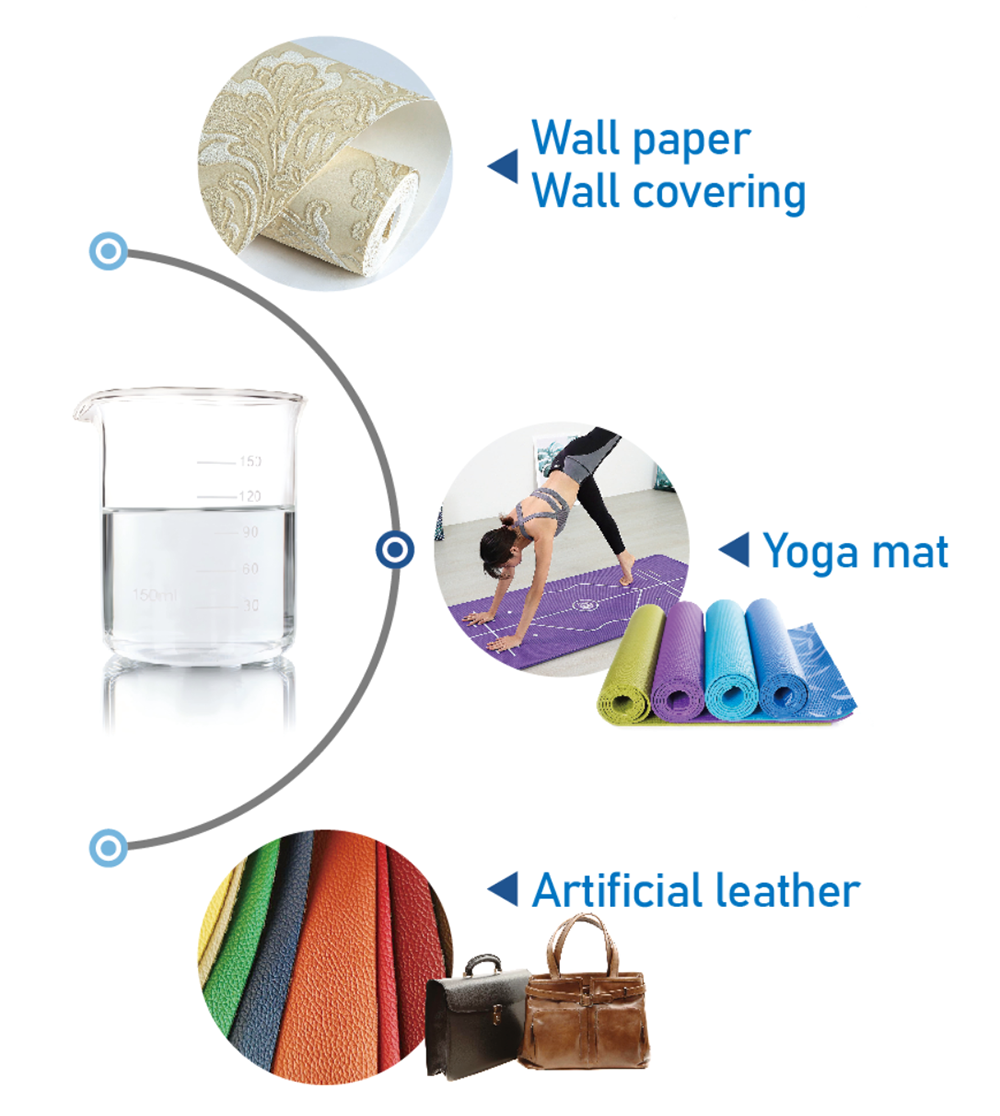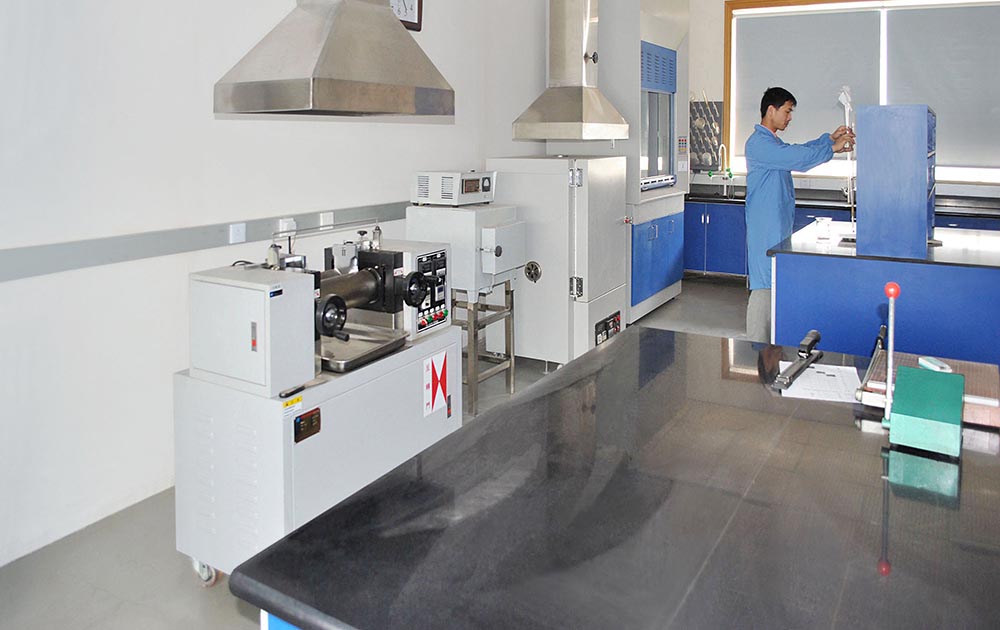PVC remains a workhorse in manufacturing, but its Achilles’ heel—thermal degradation during processing—has long plagued producers. Enter liquid kalium zinc PVC stabilizers: a dynamic solution that tackles the material’s most stubborn issues while streamlining production. Let’s break down how this additive transforms PVC manufacturing.
Stops Thermal Breakdown in Its Tracks
PVC starts to degrade at temperatures as low as 160°C, releasing harmful HCl gas and turning products brittle or discolored. Liquid kalium zinc stabilizers act as a defensive shield, delaying degradation by neutralizing HCl and forming stable complexes with the polymer chain. Unlike single-metal stabilizers that fizzle out quickly, the kalium-zinc combo delivers extended protection—keeping PVC stable even during prolonged extrusion runs at 180-200°C. This means fewer rejected batches due to yellowing or cracking, especially in thin-gauge products like films and sheets.
Eliminates Processing Bottlenecks
Manufacturers know the frustration of frequent line shutdowns. Traditional stabilizers often leave residue on dies and screws, forcing stops for cleaning every 2-3 hours. Liquid kalium zinc formulas, however, have a low viscosity that flows smoothly through equipment, minimizing buildup. One pipe manufacturer reported cutting cleaning time by 70% after switching, increasing daily output by 25%. The liquid form also mixes evenly with PVC resin, eliminating clumping that causes uneven thickness in profiles or pipes.
Boosts Durability in End Products
It’s not just about production—end-use performance matters too. PVC products treated with kalium zinc stabilizers show improved resistance to UV rays and moisture, extending lifespans in outdoor applications like window frames or garden hoses. In flexible products such as gaskets or medical tubing, the stabilizer maintains elasticity over time, preventing the stiffening that leads to leaks or failures. Testing shows these products retain 90% of their tensile strength after 500 hours of accelerated aging, outperforming those made with conventional additives.
Meets Strict Safety Standards
Regulatory pressure is mounting for safer PVC additives, especially in food-contact or medical-grade products. Liquid kalium zinc stabilizers check all the boxes: they’re free of heavy metals like lead or cadmium, and their low migration rate keeps them compliant with FDA and EU 10/2011 regulations. Unlike some organic stabilizers that leach chemicals, this formula stays locked in the polymer matrix—critical for applications like food packaging or children’s toys.
Cost-Effective Without Compromise
Switching to premium additives often means higher costs, but not here. Liquid kalium zinc stabilizers require 15-20% less dosage than solid alternatives to achieve the same results, cutting raw material expenses. Their efficiency also reduces energy use: smoother processing lowers extrusion temperatures by 5-10°C, trimming utility bills. For small to mid-sized manufacturers, these savings add up quickly—often recouping the switch cost within 3-4 months.
The message is clear: liquid kalium zinc stabilizers don’t just fix PVC’s problems—they redefine what’s possible. By combining thermal protection, processing efficiency, and safety, they’re becoming the go-to choice for producers who refuse to sacrifice quality for cost. In a market where reliability and compliance are non-negotiable, this additive isn’t just an upgrade—it’s a necessity.
TOPJOY Chemical Company has always been committed to the research, development, and production of high-performance PVC stabilizer products. The professional R&D team of Topjoy Chemical Company keeps innovating, optimizing product formulations according to market demands and industry development trends, and providing better solutions for manufacturing enterprises. If you want to learn more information about PVC stabilizers, you are welcome to contact us at any time!
Post time: Jul-21-2025



